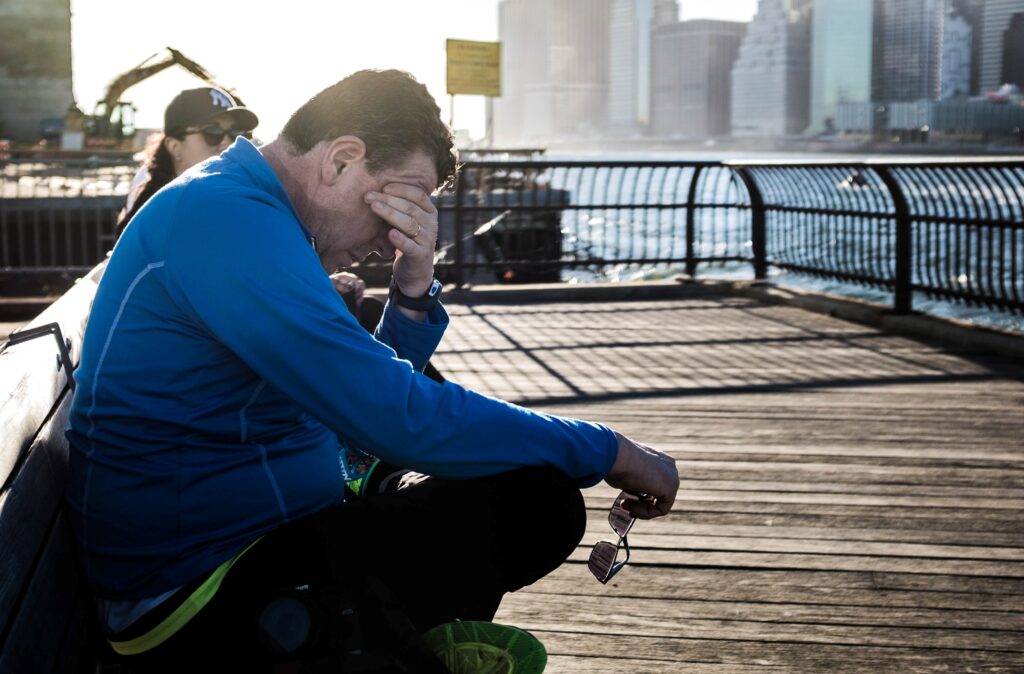Before I stopped working completely, I took a semester’s leave of absence, hoping it would be enough to heal whatever was wrong with me and allow me to keep working. I wrote the following paragraphs sometime in the months leading up to that leave of absence.
The medical insurance representative on the phone says, “You take care now,” with genuine concern in her voice, and I start to cry. I’ve called to ask about coverage for the adrenal lab test I’ll be taking over the weekend. On Sunday, I’ll be filling four small test tubes with my saliva at points throughout the day, and then sending the lot off to a lab Monday morning. The test will measure my cortisol levels and thus the functioning of my adrenal glands.
The phone representative sounds worried, and I wonder if she knows something about this test I don’t. But I don’t let myself cry long. I have to call my primary care provider. The instructions she’s given me for the lab don’t match those on the forms that accompany the kit.
I pick up the phone in my office at the university and dial another number. I am overwhelmed with the extent of my fatigue. Since my late arrival at work this morning, I have done nothing but try and fail: try and fail to reply to emails, try and fail to work on program assessment. I am so grateful to have no students on my calendar today. I want—I want only—to drive home and crawl into bed.
I have been hiding this fatigue as best I can for a while now. After these phone calls, when I step out of my office, I’ll have a smile on my face and a cheerful word for my coworkers. After a conversation with a colleague in her office, a trip upstairs to consult with a librarian, and a moment with my writing tutors to provide some instructions, I’ll come back to my office, close the door, and sit, trying and failing for another hour to do any meaningful work. I don’t think clearly about the fact that it shouldn’t be difficult for me to type an email. It is difficult; I’m upset that it’s difficult; but I don’t ask why it’s difficult. I fear the answer. It’s easier to think of this day as an anomaly. A gosh-I’m-tired-today sort of day. Somehow my mind can strip from the thought of this day all thought of every other day that has been exactly like this one. It’s a neat trick, like taking a wide blade of grass and peeling it lengthwise into thin strands. Once the strands are scattered on the ground, none of them know about the others. The whole is lost.
In this way, I avoid the whole of my life. I keep up appearances to others. I keep up appearances to myself. The eyes that follow me when I walk in late, the increasing reliance on excuses, the weakness I feel when I step out of the house in the morning . . . they are merely shadows behind trees. They might contain something, but surely they are just shadows. When the sun shifts round to its position in the afternoon sky, surely I’ll see that there is nothing there.

